People can develop acute headaches for many reasons, including stress and a lack of sleep. However, if headaches occur on a chronic basis, they can begin to severely affect your life. With this frequent pain, it can be difficult to concentrate and complete your everyday activities.
For many individuals, headaches can stem from oral health problems like temporomandibular joint disorders, also known as TMJ. You can resolve headaches with treatment from your dentist in these instances. Read on to learn more about how dental concerns can lead to chronic headaches.

How Does Oral Health Affect Headaches?
Heightened stress can create tension throughout the body that may manifest in the jaw. Tightened muscles in this area from this tension can lead to inflammation and TMJ. TMJ is commonly associated with jaw pain and difficulties moving the jaw. But the tension in the jaw will spread over time, affecting the teeth, the ears, and the face.
Soreness in the jaw will then spread to earaches and headaches. You can feel a dull pain begin near the temples that will radiate to your forehead area. Because TMJ will need intervention from a dentist to treat, you might not be able to stop frequent headaches without a dentist’s help.
Migraines can be debilitating and deeply impact your everyday life. You may also experience complications with these symptoms persist. Chronic headaches may disrupt your sleep schedule, heightening your risk of cognitive issues and cardiovascular concerns. Therefore, if you suspect TMJ is causing your headaches, do not wait to contact your dentist.
How Can My Dentist Treat TMJ Disorders?
A number of factors can contribute to TMJ, and your dentist will pinpoint the cause of your symptoms to determine the best treatment. If high stress levels have been creating tension in the jaw, they may begin with facial stretches and exercises that will target and loosen the muscles in this area.
Your dentist may give you a custom-made night guard to wear as you sleep to ensure your jaw remains in a resting position overnight. This oral appliance will also cushion your teeth and therefore your jaw muscles against unconscious teeth grinding. The grating of the teeth against each other generates pressure that can lead to tension and ultimately TMJ.
TMJ may also develop if you have bite problems. Misaligned teeth or malocclusions may mean that your teeth do not close properly when you bite down. If this occurs, chewing and other oral functions might distribute uneven pressure throughout the mouth.
This pressure can lead to concerns like teeth grinding or wearing down your teeth. The tension from these habits may then cause TMJ and chronic headaches. If you have jaw or dental alignment issues, your dentist may recommend that you visit an orthodontist to straighten your smile. Aligning your teeth and jaw can stop this pressure and relieve TMJ.
Minor cases of crooked teeth might benefit from Invisalign. These clear plastic aligners are designed for each individual patient’s smile to gradually shift teeth into a straighter position.
